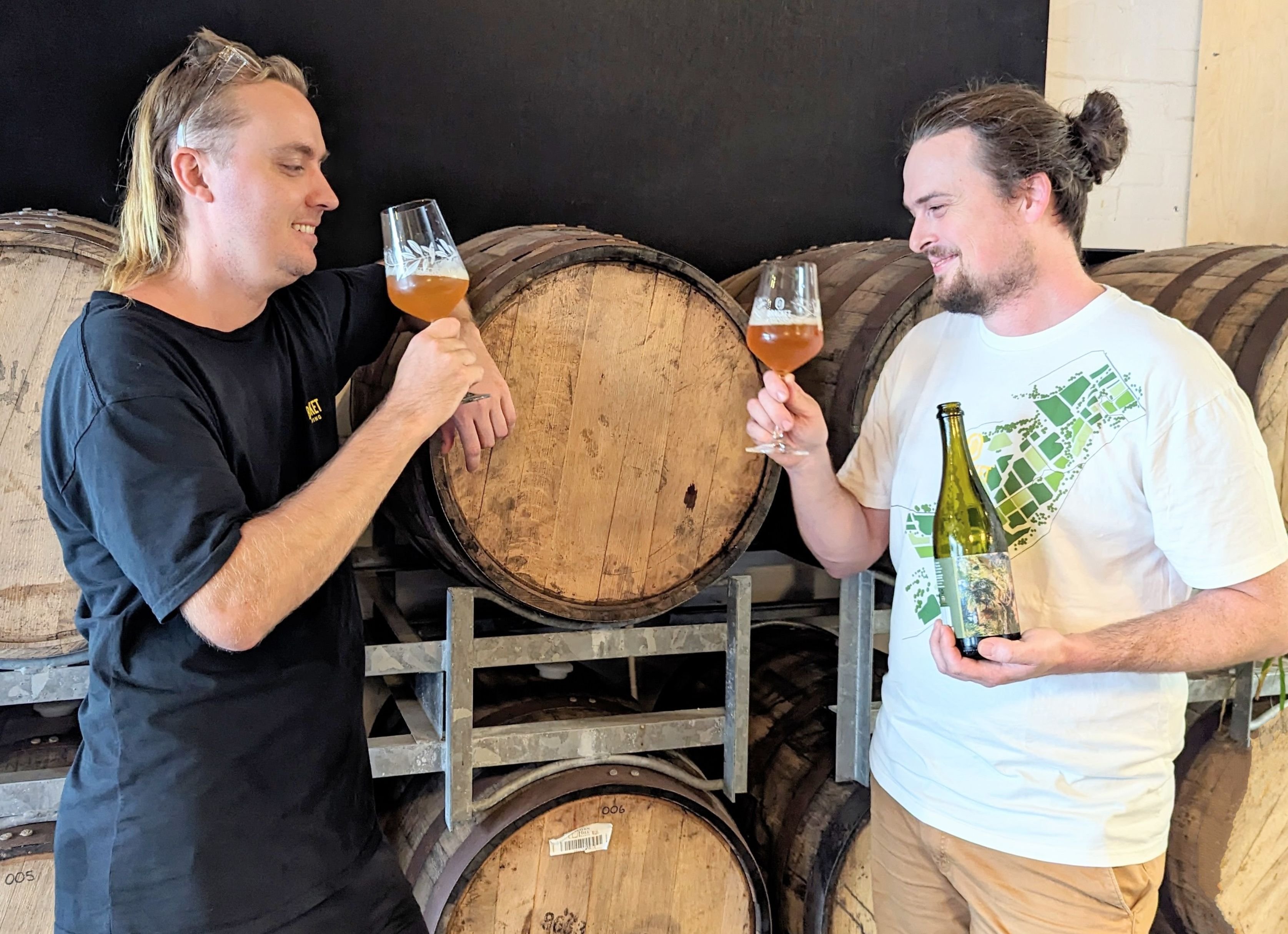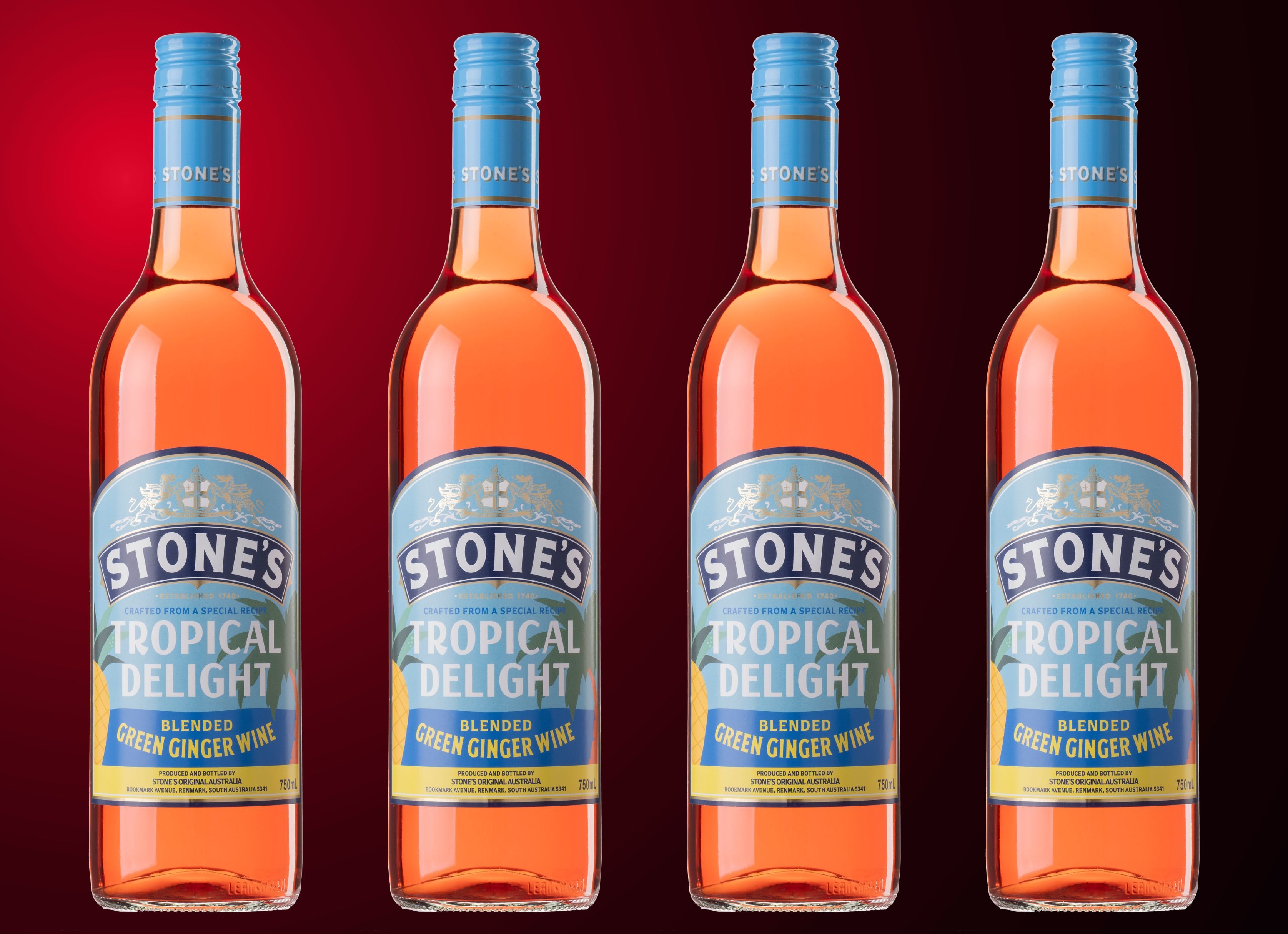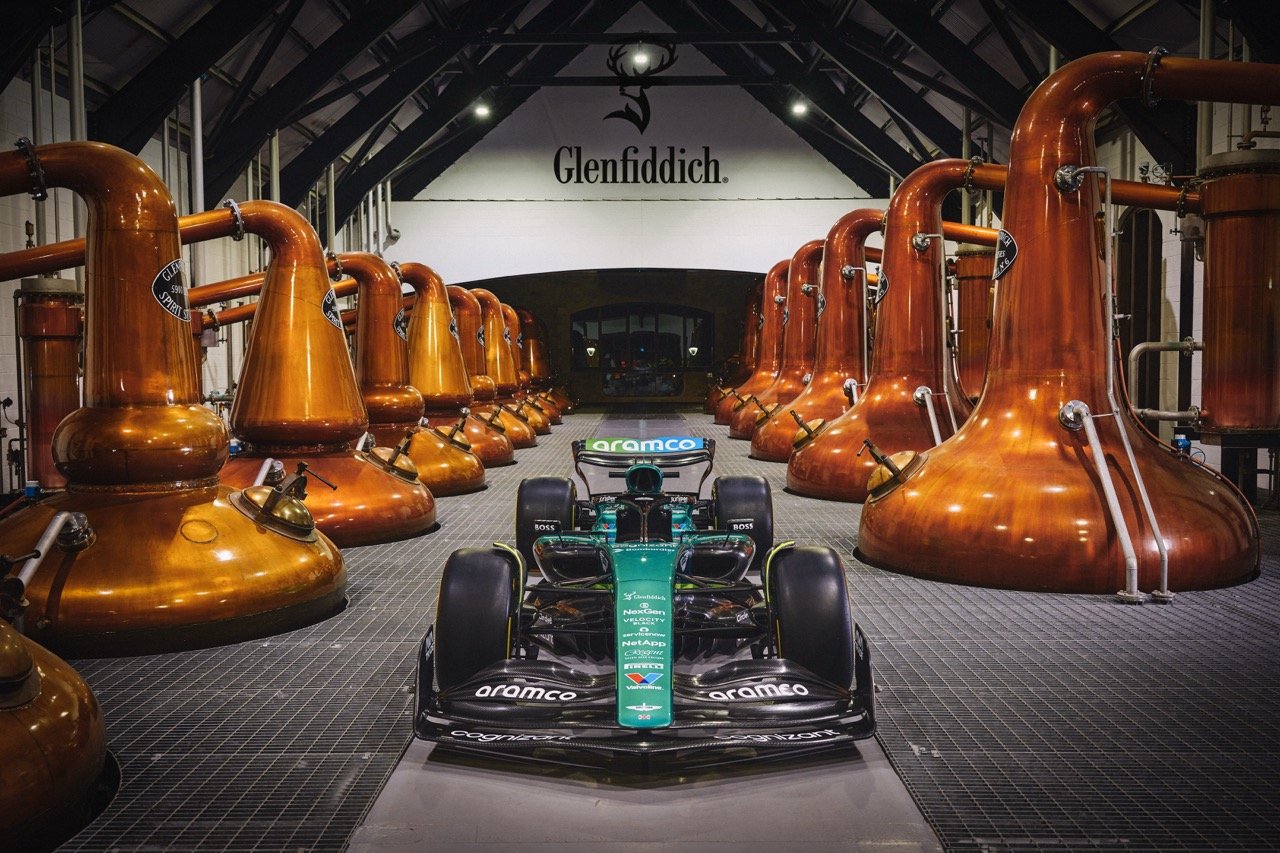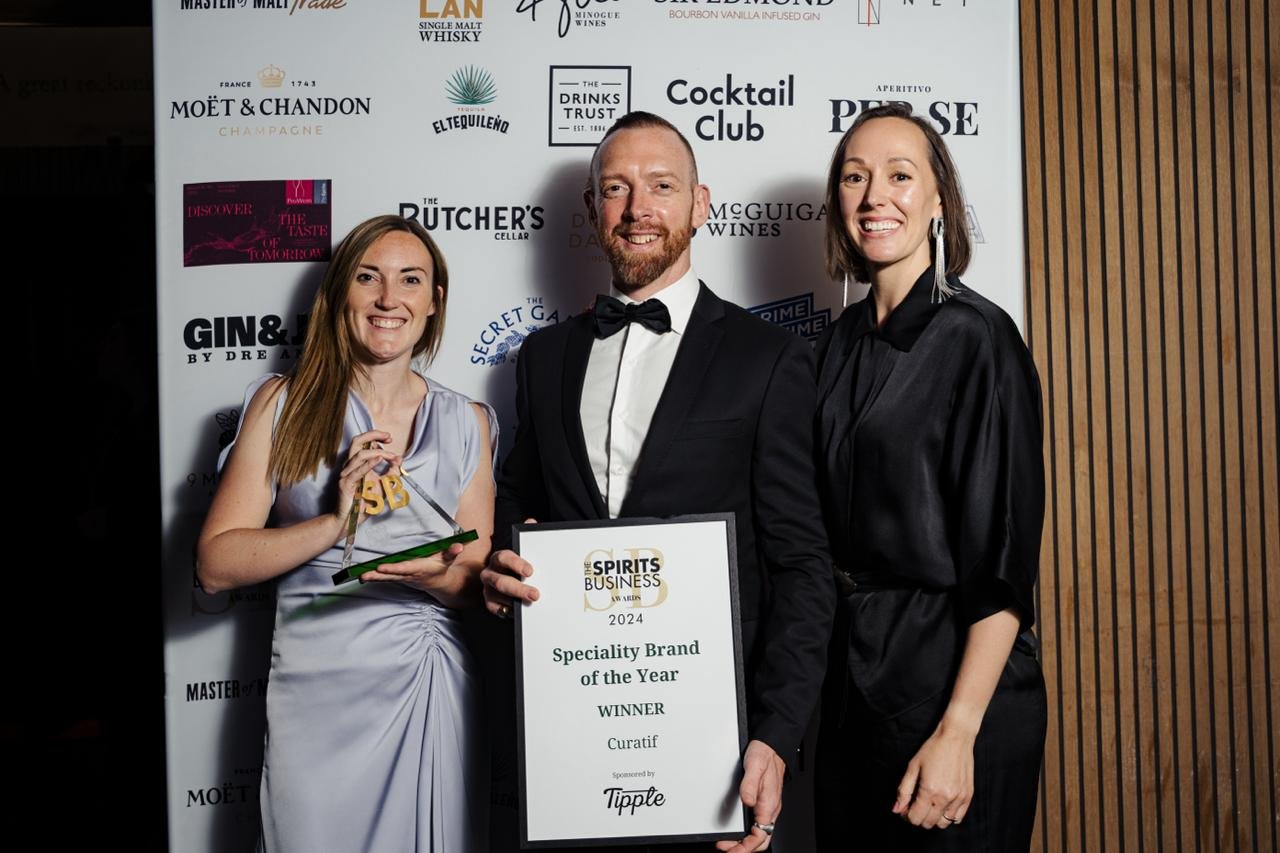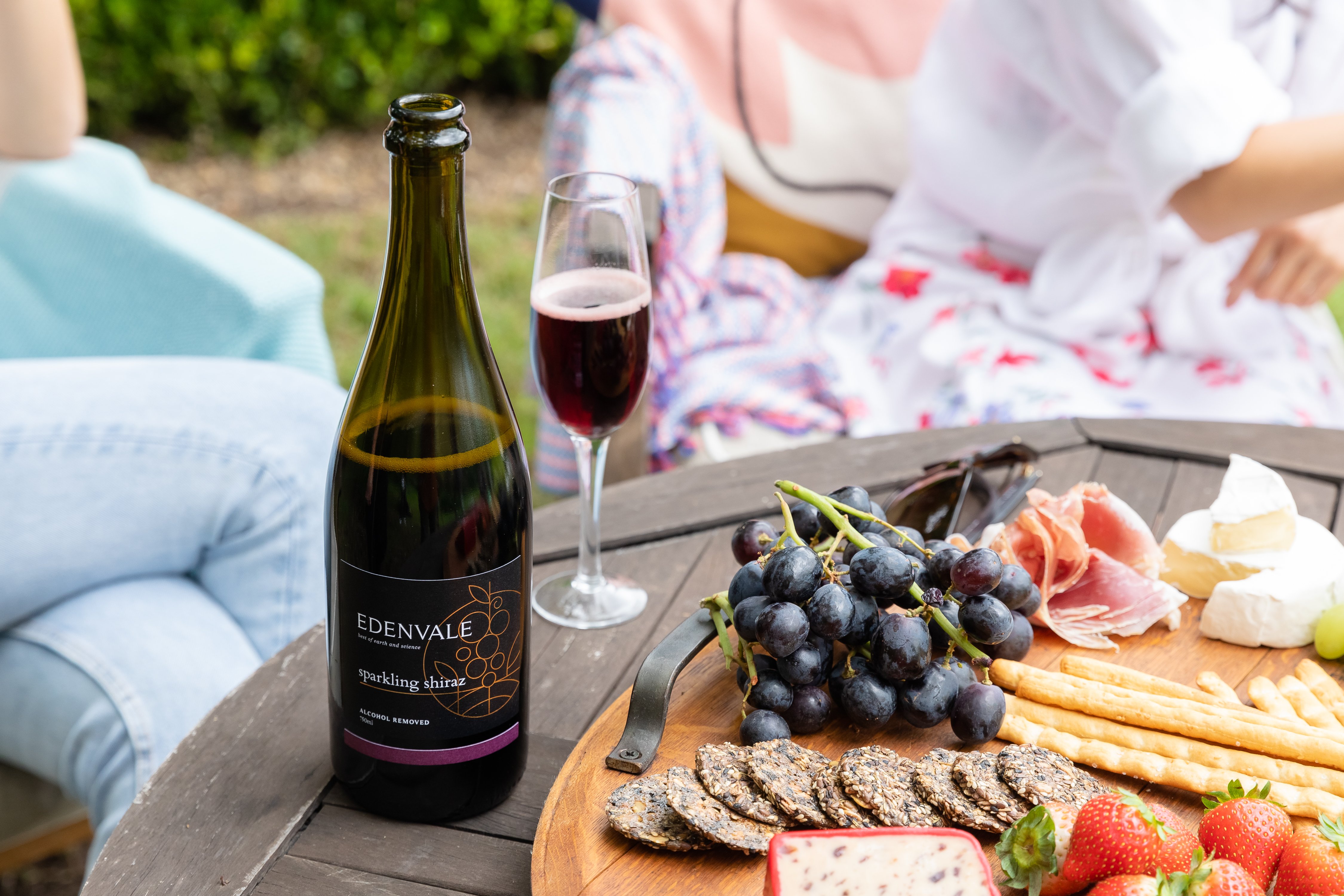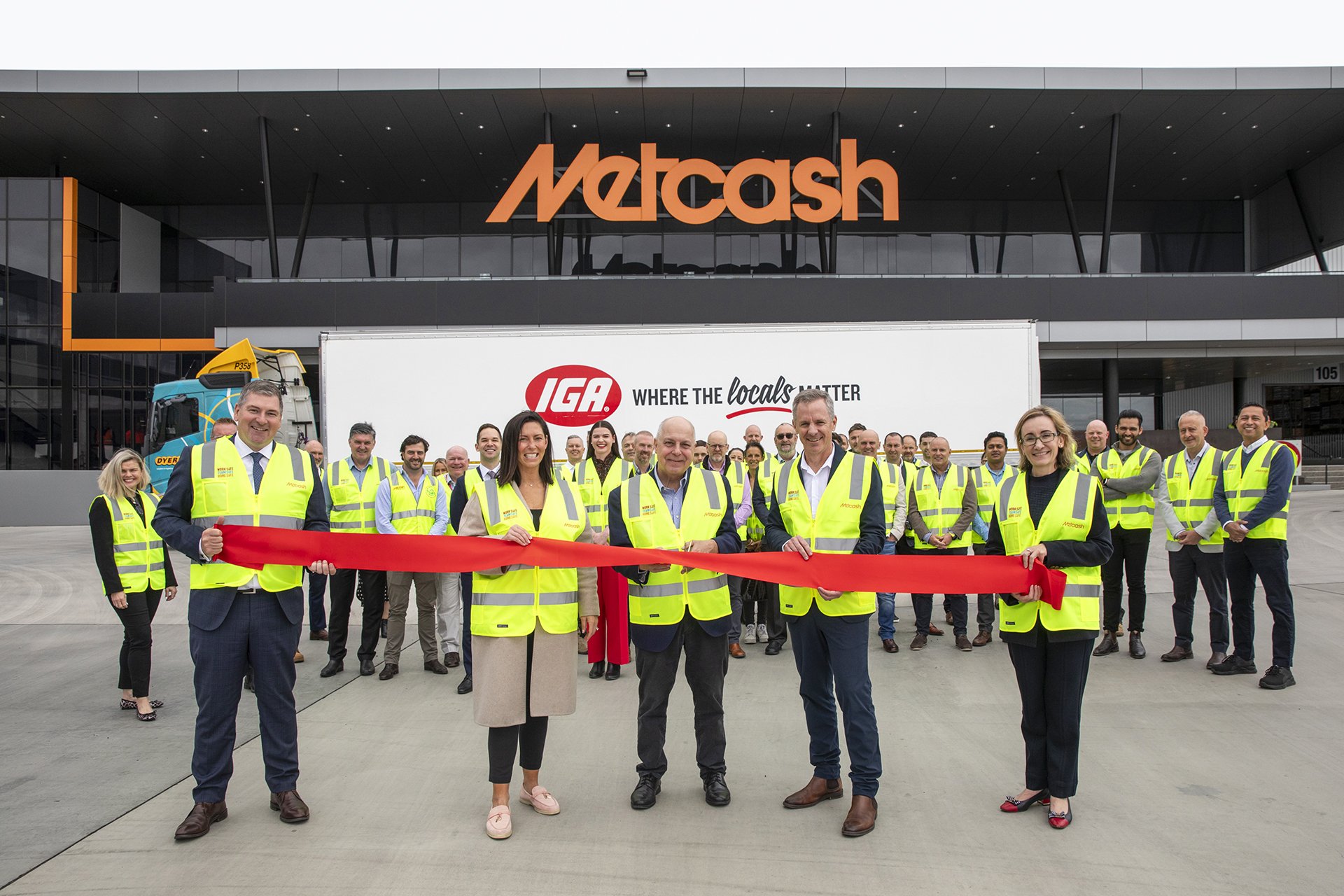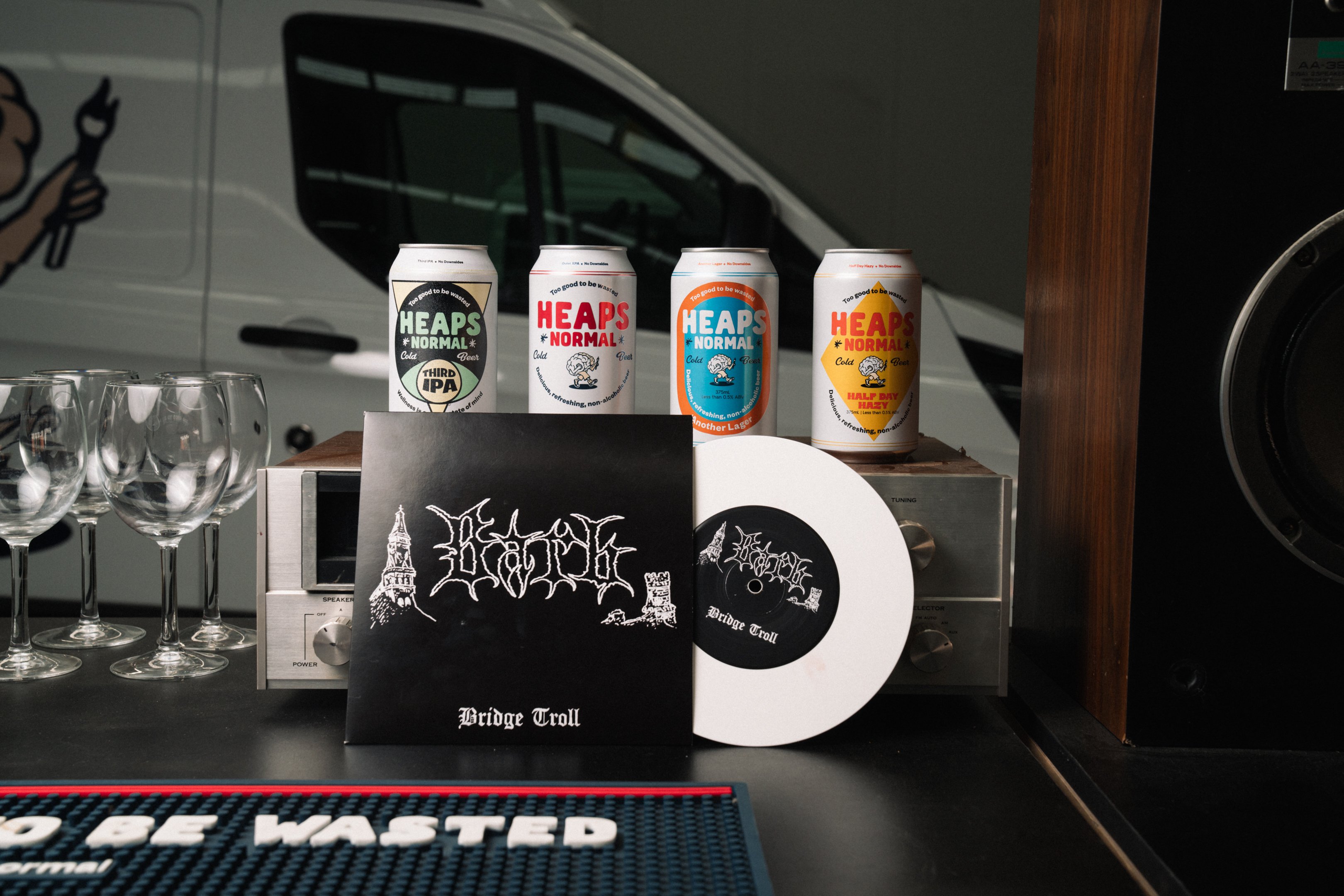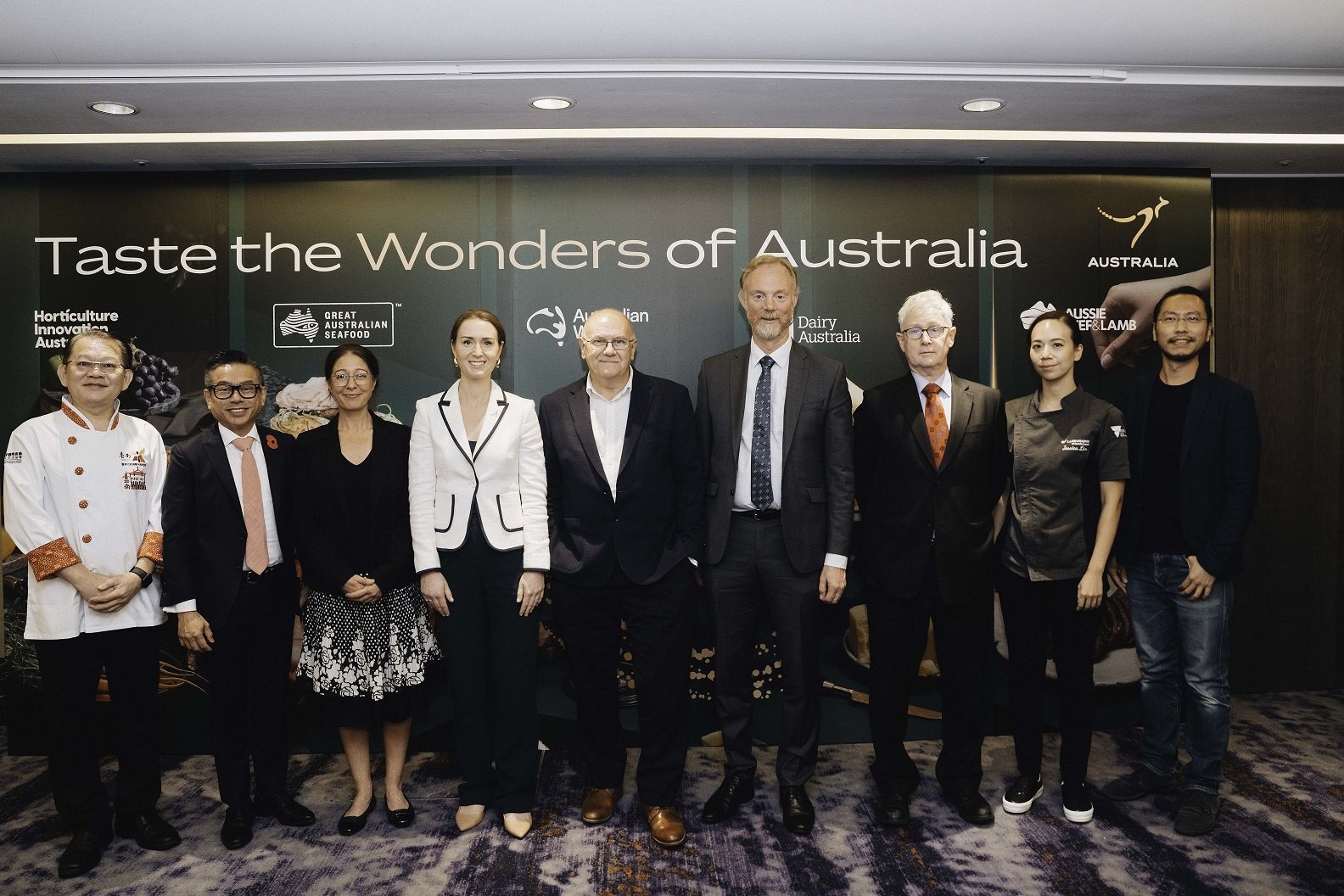Up until 21 April, Bracket Brewing was a family run independent nanobrewery based in the heart of Alexandria, Sydney, when a dispute with real estate agents led them to depart their established brewpub in search of a new home.
In this article, Drinks Trade chats with Mike Meletopoulo, Co-Owner, about the challenges and logistical hurdles faced by breweries as they navigate re-launching into a new location.
Drinks Trade: Mike, you were forced out of your Alexandria venue on 21 April… Can you explain what happened?
Mike Meletopoulo: So pretty much, the old real estate agents came to us about this time last year and the first words out of their mouth to renegotiate the lease were you've invested a lot of capital in this building, and that sets the tone for the rest of the conversations with them. They were fairly confident that we were just going to bend over and take whatever they told us, and what they proposed with very little wiggle room was a 70% hike in rent, which is crazy, especially for not only what the industry was doing at the time specifically, but also what rents were in the area.
DT: You signed your lease on your new Marrickville brewery venue back in May… Why haven’t you been able to start production?
MM: Even though we signed the lease on this place back in May, it definitely wasn't ready to be moved into. There were a lot of ‘legal structures’/a lot of stuff council probably wasn't aware of, which we had to remove before we started our process of getting council approval.
Most old warehouses - and particularly warehouses in Marrickville are a good example - a lot of them are being used as residential places (this one at some point definitely had someone living upstairs)... and obviously when you do any construction inside a building (unless it's exempt construction, which is fairly limited for commercial premises), any construction needs to have council approval.
DT: Can you elaborate on the processes and considerations of gaining council approval?
MM: Yeah. To put a brewery in, it's a change of use. So with any construction, there's a whole lot of things that require council approval, and a change of use is one. To be able to have this place as a brewery requires council approval.
There's two pathways: you can do a DA, which is a development application, which is what we did with the old place. Takes a long time, costs a lot of money.
Whereas a CDC, which is a Complying Development Certificate, the State Government planning guys put in a pathway for breweries to go into certain areas, which have certain, fairly specific criteria and allow you to go through a pathway, which pretty much says council… have to have a very good reason to say no. But there's a lot of criteria. Like Marrickville obviously floods, it's pretty well known, so you have to be above a certain height/above sea level, which we are just by centimetres. If you were below that, then you come under flood zone controlling, which means no CDCs, so it's a DA pathway, which again takes months versus the CDC.
Both have a lot of boxes to tick. Both, in the end, actually take a long time, but the DA is more flexible.
DT: How about the process of gaining a liquor licence… DId you encounter any difficulties there?
One of the things that I had underestimated was how long it takes Liquor and Gaming [NSW] to get a licence through. The licence is attached to the premises, and as of the 21st of April when we had to be out of that place/we hadn't lined anywhere else up, which meant our liquor licence wasn't valid anymore, or at least wasn't able to be traded on.
We applied for one for our personal residence where we live, just as a package liquor online only, so that we could sell the remaining stock that we had and sell wholesale… But yeah, they treat those licences as if they were a full bar. I had to notify all my neighbours who didn't understand what was happening. It's complicated because then you’ve got to explain to all your neighbours that you're not actually putting a brewery into your house. I know a lot of people have done this - I know Brendan over at Kicks has done it. I know Brady over at Future did it - but yeah, I think we all probably had the same issues with trying to explain to our neighbours that it wasn't actually a production facility or there wasn't actually alcohol being stored or sold from it. But yeah, then we didn't have anywhere to go.
DT: I believe you were considering going the gypsy brewing route for a little bit at one point… Why didn’t you in the end?
MM: Well, we were planning on gypsy brewing - we actually installed tanks at two other breweries - and then it got extremely complicated with excise. For us to keep our excise remission, we would have had to have lease agreements with the breweries that we're in. The ATO wants to see that it's an ongoing relationship, not just a short thing (I think a few people in the past have taken the piss). So there's a lot of red tape with that.
For at least one of the breweries, it was too much hassle, and I completely understand that, so we ended up just letting them use that tank while it was installed. The other brewery we put one into, after going through all the red tape, we looked at it and went, you know what, it's going to take us months to get beers tasting like our beers at another brewery, and in that time, it has the potential to damage the brand. And we just sort of went, well, it's probably not worth it.
DT: You have continued to produce a number of collab brews with other breweries whilst being unable to produce your own these past few months… Can you explain what roles these serve for the Bracket brand (and books)?
MM: Yeah, so we didn't actually end up gypsy brewing, but we ended up doing a lot of collabs recently, which has been good to make people aware we haven't just disappeared. The collabs, obviously, you don't make any money on. They're not financial, they're more a branding exercise.
DT: So how has Bracket been staying afloat?
MM: Well, there's three of us that have stayed employed full-time, so myself, my partner and we kept Eric on full-time. We did rinse all of our company savings, and we actually had to get a commercial loan to sort of get us over the line. That was only a few weeks ago, so we got pretty close… But yeah, that's pretty much how I've been staying afloat.
We haven't packaged beer since February. We haven't brewed anything since the end of January, beginning of February. It's going to be pretty good to fire the kettle back up and get some beer in tanks soon.
DT: Given the current pressures being faced by the industry and Bracket’s positioning as a producer of ultra-premium limited-release beers, do you feel it might have been a good time to be out of the market?
MM: I don't know. Initially, I thought it wasn't too bad, but then obviously money started to get tight and I was thinking even a small amount of trading would have been good. I think it depends on the scale. We are very, very small. We'll brew a thousand litre batch and for some of the bigger beers we do, we might have 30-35% loss on it, so we're only getting 650 litres out of a thousand litre batch. It's not that much beer, and we've never had enough beer to supply as many people that want to get hold of it, which is a really good problem.
I definitely don't want to sound pretentious about it. It's just, I think the scale of things, being really small allows you to pivot very quickly. You never end up with enough stockpile of beer that it becomes a problem. If you deal with the big guys like Dan Murphy’s, you're going to have pallets of each SKU that's in there available for them to have received the next day sort of thing, whereas with us, if we don't have beer for a couple of weeks, okay, that sucks, but we don't lose customers over it.
You can see what your customers are drinking as well. And if they shift, then you sort of shift a little bit as well. We saw a big shift in the amount of lager being drunk.
DT: Can you give an example of how Bracket has/will adjust to shifts in your customers?
MM: So Pilsner's. Probably in the six months before we closed, we started making a lot more. We enjoy making them, we enjoy drinking them; it's probably the style we drink the most of, Eric and I. Being small allows you to do that. We didn't have to go through a whole big R&D programme to release a beer.
DT: After all of this, what do you think is the key takeaway to share with our readers?
MM: Lease negotiation would be the most important thing.
We didn't get a commercial lawyer involved the first time we negotiated a lease, and it was fairly good… The lease wasn't terrible, but it was more about understanding the conditions of it and understanding what you're required to do at certain times in regards to renewing leases and what your rights are in regards to that. It’s also being realistic, because they are going to try and screw you every time there's a rent review, so having the skills to negotiate that is pretty important as well. Or getting someone involved that has the skills to do it, not trying to just do it all on your own. Sometimes it's worth spending a couple grand on a lawyer.
DT So what will you do differently next time?
MM: In regards to lease negotiation, when it comes to rent reviews, I'm going to be a little bit more on top of it. I'll have my own numbers for what the area is worth and what we think is a reasonable rent. I think probably because we have a track record of going fuck you and leaving when someone tries to screw us with rent, hopefully that'll help as well. At least the landlord will know that. But so far our landlord's been good here.
DT: Do you feel your experience over recent months is an isolated incident? Or do you feel this is a common problem among breweries?
MM: It's definitely not a unique story. I know this happens to a lot of people. A lot of them just take it, though, because I think they feel like there's no real option. I think for us it was interesting, though, because our location, our old location in Alexandria was a dead-end street in an industrial estate, so we didn't get heaps of foot traffic: people that were coming down were coming down specifically for us.
The other thing that I didn't really think about until I was speaking with a cafe owner in our old area, and he made a very good point, which was something I hadn't thought about, was that people that live in Alexandria don't go out so much in Alexandria, if they're going to go out at night. They're going to go into the city or into Newtown. Whereas over here in Marrickville now, people that live in Marrickville go out in Marrickville. So for us this might be a silver lining to it all.
DT: Will Bracket’s focus on premium limited-releases (with no core range option) change in response to the change in location?
MM: No, I think if we'd opened up here initially, it definitely would have. Opening up over in Alexandria back in 2020 (so middle of COVID, which was ‘wonderful’) I think that forced us to work hard and carve our own niche a little bit. I'm definitely not saying hazy beers are a niche, but our own niche in terms of the venue feel and how we interact with our regulars and the beers that we put out.
We obviously were pretty hazy-heavy, but we definitely had a reasonable range of beers. We also went through stages where we didn't have a very good range and it was all over 7% hazy IPAs, which isn't very good for keeping people in the venue for very long. You can't drink 7% beers for a whole day.
But I think if we'd opened up here in Marrickville when we first started the brewery, it would be very different to what it is now.
DT: Do you have a planned approach for when you do relaunch in the new venue?
MM: It's an aspect that I haven't really thought about. I haven't even thought about staffing it, which is probably not ideal. It's just, there's so much to do in regards to the other stuff. We probably will just jump back in as if nothing ever happened. We've got a few events to catch up on. We missed our fourth birthday, which we'll probably do early next year, [and] we missed a few beer releases that we'll do at some point.
DT: Lastly, do you have an opening date yet?
MM: We don't know a launch date. It'll definitely be before the end of the year. I've been saying brewing in two weeks for like six weeks now, so I don't know. I wanted to be brewing this week, but I think maybe next week. It's just one of those things.
//
Bracket Brewing will be reopening before the end of year at 2/48 Addison Rd, Marrickville NSW 2204.
Once opened, Bracket Brewing will form part of the 19 breweries on the recently re-launched Inner West Ale Trail. To learn more about that relaunch, click here.
Share the content
